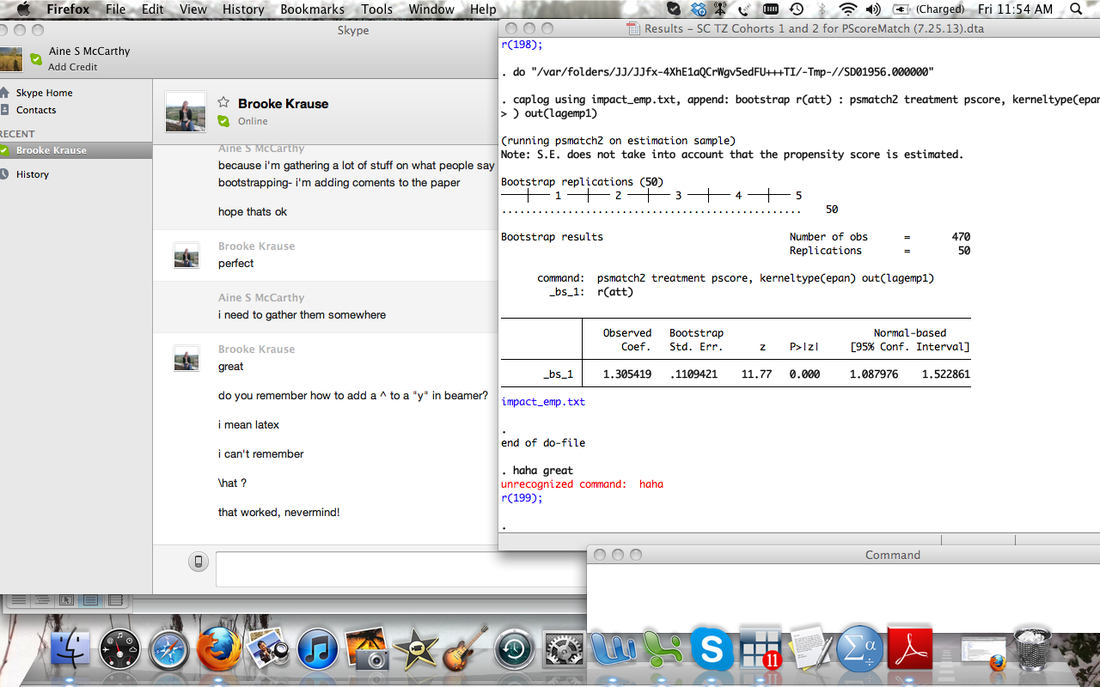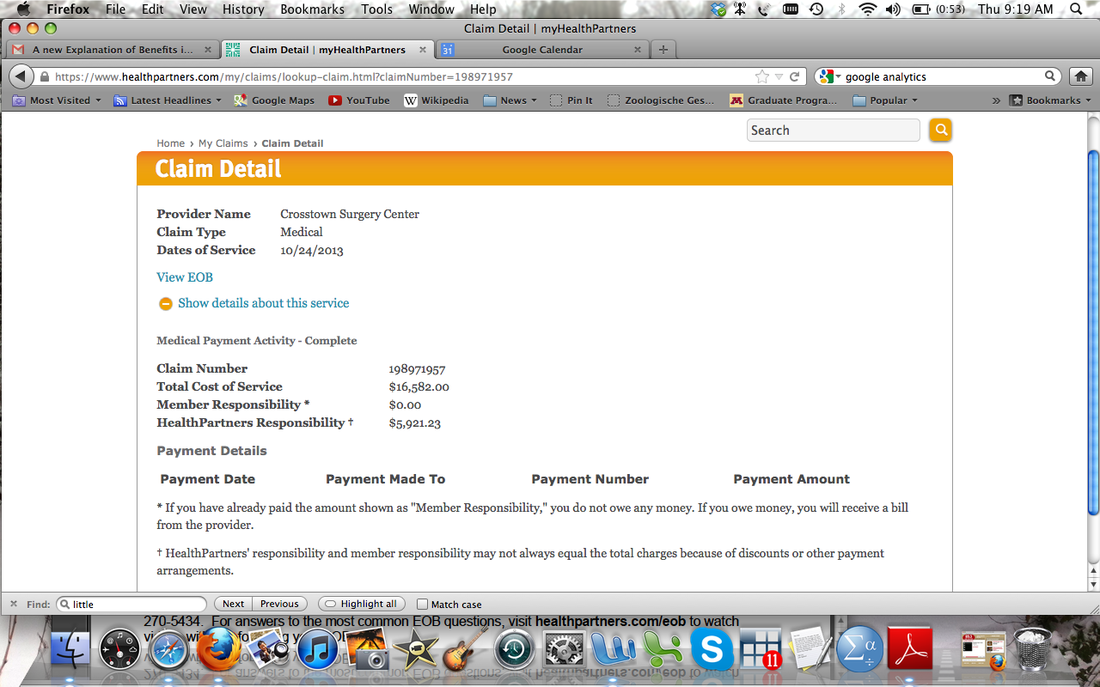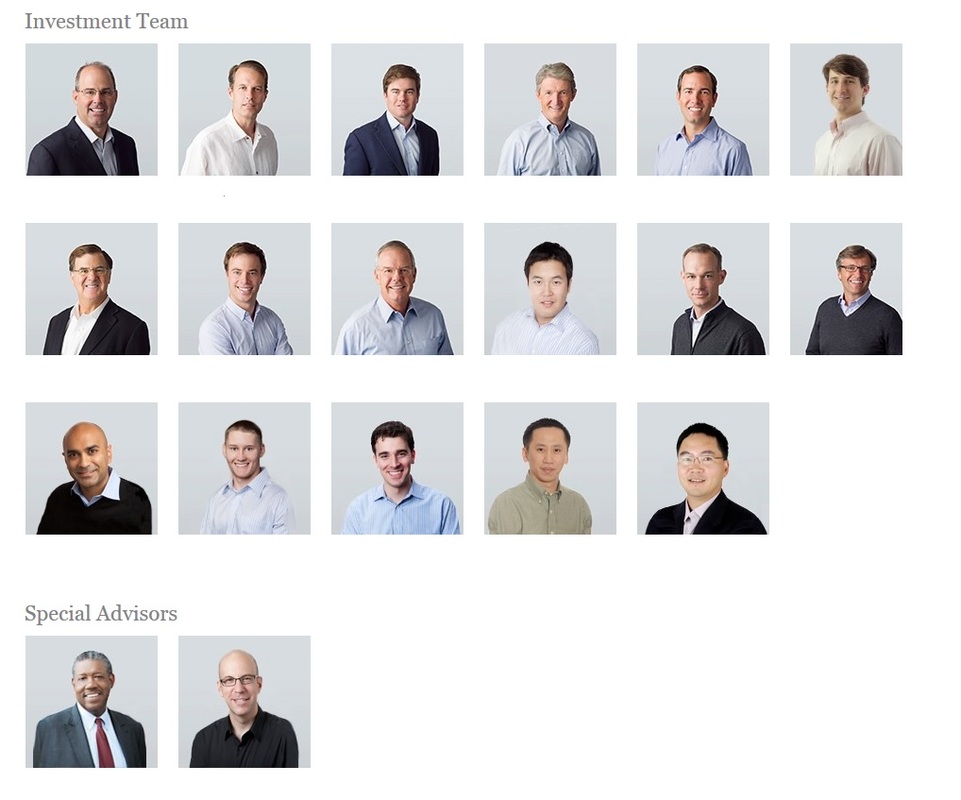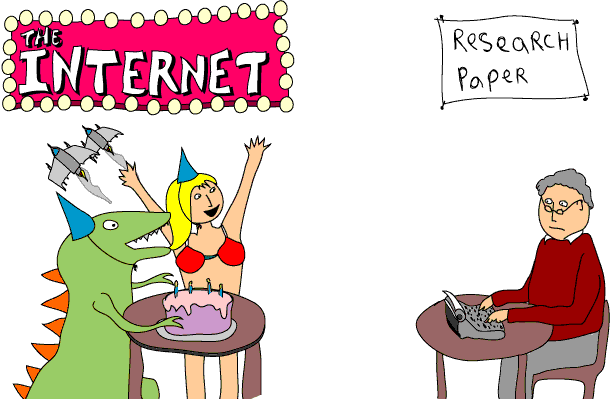1. Introduce yourself with some interesting things and say a bit about what you study. The big shots meet a lot of people- make yourself unique, confident and engaged.
2. Be excited about what you study or plan to study, even if you're still early in your research or not sure what your topic will be. Say something brief that you're passionate about exploring (migration and domestic work?) or mention a really cool research question (what is the impact of remittances on school choices?). Step 1 and 2 are really important if the big shot meeting is over lunch. She needs time to eat.
3. Ask for advice. That's basically why your advisor sets up these lunch opportunities for you. The person you are lunching with is a big shot and she is taking time to speak to you. Run your research ideas by her and see what she thinks. Ask for paper recommendations (top three favorite fertility papers?), fieldwork suggestions, good conferences and other folks to talk to on your subject.
4. If introductions, research topics and advice don't generate enough conversation, ask questions. These should be specific, but not overly technical, questions (in the talk you gave this morning, why did you decide to use that instrument? Is it fairly well established in the labor literature?) Also ask questions about the direction of research in your field. Don't make the guest have to create conversation about the weather.
5. It's OK to play the name game. You went to undergrad with her former advisee and softball teammate? Sure. Everybody loves this person? Great, start the conversation with an awesome person you both appreciate. I do this all the time. The academic world is small and this is bound to happen anyway.




 RSS Feed
RSS Feed